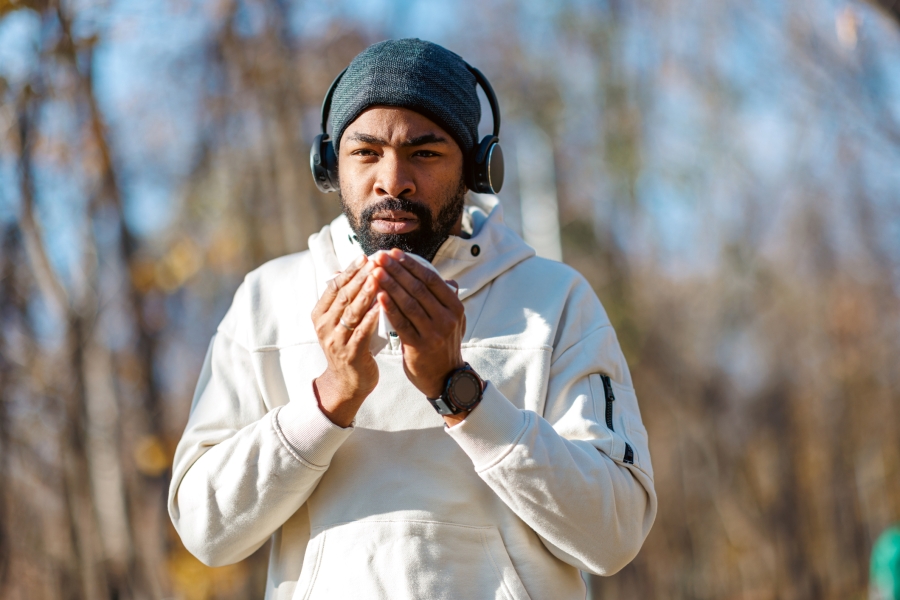Most people have the occasional dizzy spell, which can be caused by anything from the flu and other illnesses to low blood sugar, certain medications, or anxiety. But if you’re constantly feeling as though the world is spinning or you’re experiencing ringing in the ear, that’s not normal. One possible explanation may be Meniere’s disease, a chronic inner ear illness that affects more than 500,000 people in the United States. Let me share with you some information about this little-known condition.
What Are the Symptoms of Meniere’s Disease?
People with Meniere’s disease may experience a feeling of spinning or the world spinning around them (called vertigo), fluctuating hearing loss, ringing in the ear (called tinnitus), and, occasionally, sensations of fullness or pressure in your ear. In most cases, only one ear is affected.
Symptoms usually start between the ages of 20 and 50, though Meniere’s disease is more common in older adults. It’s hard to predict how Meniere’s disease will progress since the symptoms often vary before, during, between, and after attacks. If you have signs or symptoms of Meniere’s disease, it’s important to see your doctor because many of the symptoms could be a result of other illnesses.
How Do I Prepare for My Appointment?
Make a list of your symptoms. Be sure to note how long symptoms last, how severe the symptoms feel, and how frequently they occur. Also, be sure to know the doses of all medications, vitamins and supplements you take and how often you take them. This information will aid in the diagnosis of your dizziness.
What Tests Will My Doctor Give Me?
Your doctor will have your hearing tested (audiometry) to see how well you detect speech and sounds at different pitches and volumes. You may also be given a variety of tests such as videonystagmography (VNG), vestibular evoked myogenic potentials (VEMP) and/or electrocochleography (ECoG) to help diagnose Meniere’s disease and rule out other conditions that cause vertigo.
What Treatments Are Available for Meniere’s Disease?
Your doctor may prescribe medications for you to take during a vertigo episode, such as motion sickness or anti-nausea medications, which should make the symptoms less severe.
Some people with Meniere's disease may benefit from other non-invasive therapies and procedures such as rehabilitation to improve balance and/or hearing aids to improve your hearing. If the vertigo attacks associated with Meniere's disease are severe and debilitating and other treatments don't help, surgery might be an option.
What Can I Do Now to Handle My Symptoms?
- Sit or lie down when you feel dizzy. Use caution when moving because falling can lead to serious injury.
- Rest during and after attacks. Don't rush to return to your normal activities.
- Limit your salt intake. Consuming foods and beverages high in salt may make symptoms worse. Aim for 1,500 to 2,000 milligrams of sodium each day, and spread your salt intake evenly throughout the day.
- Manage stress. This may lessen the severity of symptoms and help you cope with Meniere's disease.
Successfully coping with Meniere’s disease will involve understanding the disease and communicating with your doctors and other people who are experiencing the same symptoms as you.

